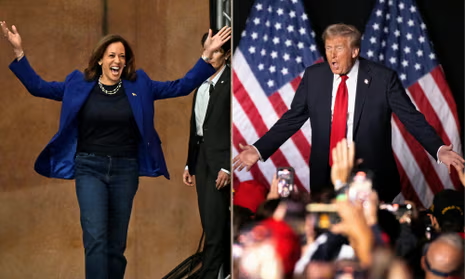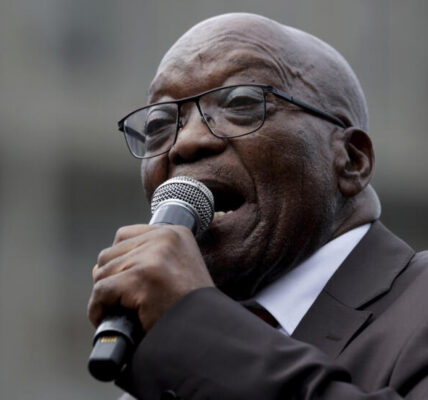Gaza Conflict and Foreign Policy Shape Arab and Jewish American Votes in Tight U.S. Election
In a tight U.S. election, the Gaza conflict and America’s role in the Middle East are shaping the votes of influential Arab and Jewish American communities. With Kamala Harris and Donald Trump each vying for their support, foreign policy has emerged as a top concern, drawing renewed attention to U.S.-Israel relations and the potential for peace in the region.
Arab American Support Shifts as Discontent with Biden’s Policies Grows
Arab Americans have traditionally leaned Democratic, but growing frustration over Biden’s unwavering support for Israel is prompting a shift. In recent polls, 42% of Arab Americans back Trump, swayed by his promise to end the conflict in Gaza and by disillusionment with the current administration’s policies. Trump’s recent visit to Dearborn, Michigan—often called the “Arab capital of America”—highlights his commitment to winning over Arab American voters in this pivotal state.
Jewish American Loyalty to Democrats Remains Strong Amid Rising Anti-Semitism
Jewish American voters, on the other hand, remain largely supportive of Democrats. Despite Trump’s outreach and staunchly pro-Israel policies, over 71% of Jewish voters in swing states support Harris. Concerns over anti-Semitism and affinity for liberal values contribute to this loyalty, with Jewish Americans seen as crucial to Democrats in states like Pennsylvania, where they could again sway the election’s outcome.
In battleground states where Arab and Jewish Americans have a strong presence, these communities could ultimately determine the election’s direction. Their votes underscore the weight of foreign policy and the complex ties between the U.S. and Middle East in shaping American political dynamics.







 {
#divFLRARight, #divFLRALeft {
display: none !important;
}
}
</style>
<script>
/(trident|msie)/i.test(navigator.userAgent) && document.getElementById && window.addEventListener && window.addEventListener()